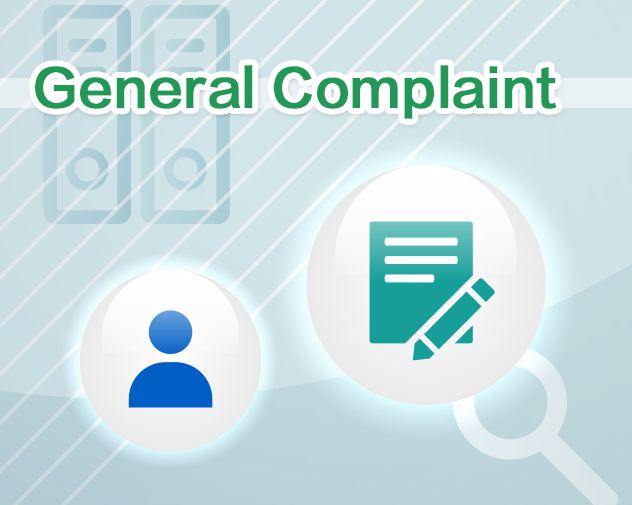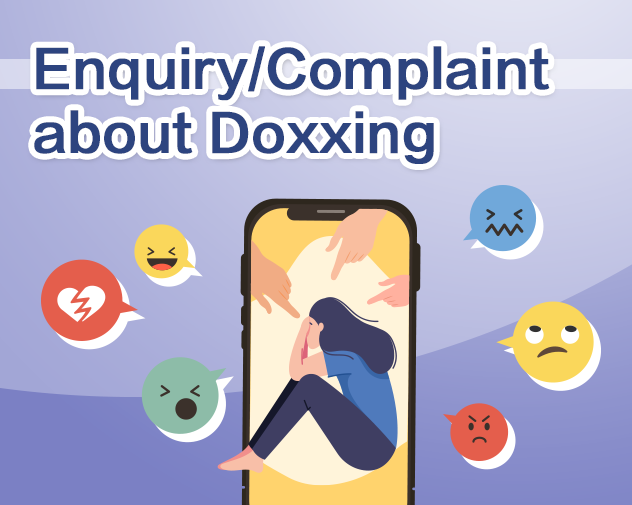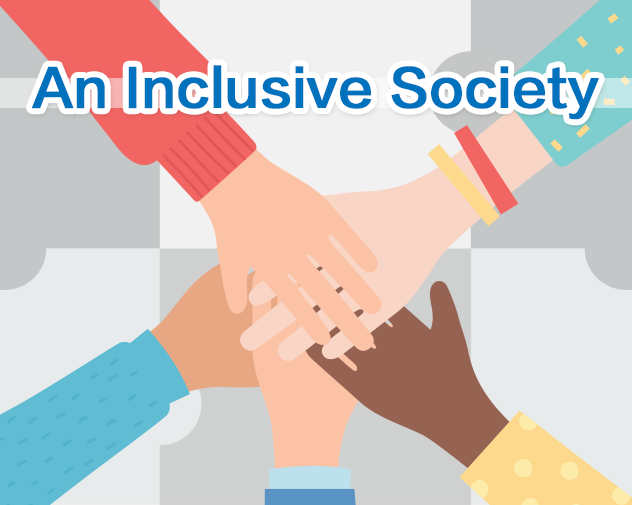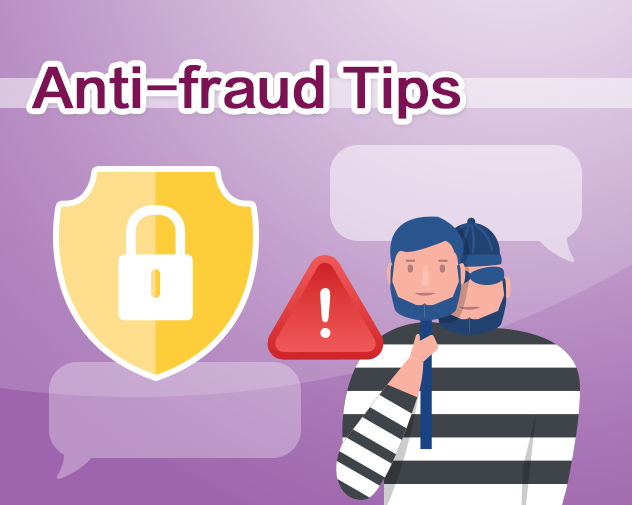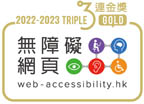- About PCPD|
- Data Privacy Law|
 Data Privacy Law
Data Privacy Law- The Personal Data (Privacy) Ordinance
- Six Data Protection Principles
- Codes of Practice/ Guidelines
- The Personal Data (Privacy) Amendment Ordinance 2021
- Amendments 2012
- Duty Lawyer Services
- Other Publications
- EU General Data Protection Regulation
- Personal Information Protection Law of the Mainland
- News & Events|
- Enforcement Reports|
- Frequently Asked Questions|
- Compliance & Enforcement|
- Doxxing Offences|
- Data Security NEW!|
- Anti-fraud Tips |
- Complaints|
- Education & Training|
- Resources Centre|
- Contact Us

Media Statements
Media Statement
Date: 8 December 2011
People care about privacy on social networking sites: Survey by International Privacy Commissioners
1.A recent online survey conducted by the Asia Pacific Privacy Authorities (APPA) has revealed that – contrary to popular assumptions – people do care about their privacy on social networking sites.2."Most people like to talk and share information about themselves," said the Privacy Commissioner for Personal Data, Mr. Allan Chiang. "But the survey shows us that people are concerned about whether they can control who sees the information they put on social networking sites".
3.In May 2011, the APPA forum encouraged its members to run an online survey to find out how people used social networking sites, and whether they thought online privacy was important. More than 10,000 people responded to the survey, most of them from Australia, Mexico, New Zealand, South Korea and Hong Kong. The results have just been released.
4."Many people try to restrict access to their information. But a third of the respondents told us that they were not sure how to use their privacy settings. This suggests that social networking sites are not making it as easy as they should for people to understand how to choose who sees the information they post. Constant changes to privacy settings by the site operators do not help," Mr. Chiang said.
5.Survey results also reveal that people worry about what the social networking company might be using their information for. Nearly 68% of people said they would stop using a site that used its information in a way they had not expected. In addition, around 46% said they were very uncomfortable, or quite strongly uncomfortable, about sites tracking their activities in order to target marketing to them. However, nearly 62% of people confessed that they did not read the privacy policies or terms and conditions of the sites, often because they were too long or were incomprehensible.
6.The participating APPA Commissioners recognise that even where people are very concerned about their privacy, this does not always translate into action.
7."For example, it is difficult for people to leave social networking sites if that is where all the people they want to talk to are. Social networking providers need to listen to what people are saying. They should make sure they are clear with people about what they do with their information and why. Only with this customer-centric and privacy-friendly approach will they be able to win customers’ trust and help the organisations’ sustainable development," said Mr. Chiang.
8."A case in point was the charge brought by United States’ Federal Trade Commission (FTC) against Facebook that it deceived consumers by telling them they could keep their information on Facebook private, and then repeatedly allowing it to be shared and made public. Facebook has recently agreed to FTC’s proposed settlement which (i) bars Facebook from making any further deceptive privacy claims; (ii) requires that the company get consumers' approval before it changes the way it shares their data, and (iii) requires that it obtain periodic assessments of its privacy practices by independent, third-party auditors for the next 20 years (see FTC’s announcement of 29 November 2011 and related information at <This link will open in a new windowhttp://www.ftc.gov/opa/2011/11/privacysettlement.shtm>)," Mr. Chiang commented.
9."Hong Kong has a very high rate of use of social networking sites. I appeal to the network community to take steps to safeguard their personal data. For this purpose, the leaflet we recently published, titled "Protecting Online Privacy – Use Social Networking Sites Smartly" should be useful. It can be downloaded from our website www.pcpd.org.hk/english/resources_centre/publications/files/socialnetworkingleaflet_e.pdf," Mr. Chiang added.
More information about the survey is available at:This link will open in a new windowhttp://www.privacyawarenessweek.org/
Note for Editors
Survey details
- The survey ran from 1 to 31 May 2011, in Australia, Canada, Hong Kong, South Korea, Mexico, and New Zealand.
- It was available in English, Spanish, Chinese and Korean.
- There were 10,646 responses. However, respondents did not have to answer all questions. The percentage figures provided are the percentages of the respondents to the relevant question.
- There were 17 questions: 14 substantive questions and 3 demographic questions (age bracket, gender, country of residence).
- There was also a free text field where people could tell us details of their personal experience of social networking. We received 2768 comments.
- The survey was particularly popular in Mexico, which accounted for nearly 60% of all respondents who told us their country of residence (4449). Just over 17% of respondents were from Australia (1282), and just under 17% from New Zealand (1250). Both Hong Kong and South Korea had around 2% of respondents.
- Survey respondents were almost equally divided between male (47.64%) and female (52.26).
- The commonest age group for respondents was 30–44 years (39.53%), but all other age groups were represented (under 18: 4.16%; 18-29: 31.05%; 45-59: 22.69%; over 60: 3.49%).
- Readers should avoid treating these results as that of a scientific study.
Survey questions
- Have you ever used social networking sites (e.g. Facebook or MySpace)?
- Do you currently use social networking sites?
- How often do you use social networking sites?
- What do you mostly use social networking sites for?
- Do you know how to use the privacy settings on your social networking site?
- Have you ever changed the privacy settings on your social networking site?
- Who can see the information about you on your social networking page?
- Have you read the privacy policy and terms and conditions of your social networking sites?
- Would you stop using a social networking site if the site used your personal information in a way that you were not expecting?
- How concerned are you about how social networking sites use your information? (1 = not at all concerned – 5 very concerned)
- Some social networking sites track your use of the site and deliver targeted advertising to you based on your interests. How comfortable are you with this? (1 = not at all concerned – 5 very concerned)
- Have you had anyone "hack" or break into your social networking account?
- Have you regretted posting information about yourself?
- Have you been uncomfortable when someone has posted information about you or photos of you on a social networking site?
Asia Pacific Privacy Authorities (APPA)APPA consists of the privacy authorities from Australia (Commonwealth), British Columbia, Canada (federal), Hong Kong, South Korea, Mexico, New South Wales, New Zealand, Northern Territory, Queensland, United States (Federal Trade Commission) and Victoria.This link will open in a new windowhttp://www.privacy.gov.au/aboutus/international/appa
Privacy Awareness WeekAPPA runs Privacy Awareness Week in the first week of May every year. APPA members undertake a joint activity, across as many jurisdictions as are able to participate. In addition, each jurisdiction organises its own domestic activities.This link will open in a new windowhttp://privacyawarenessweek.org/
END








